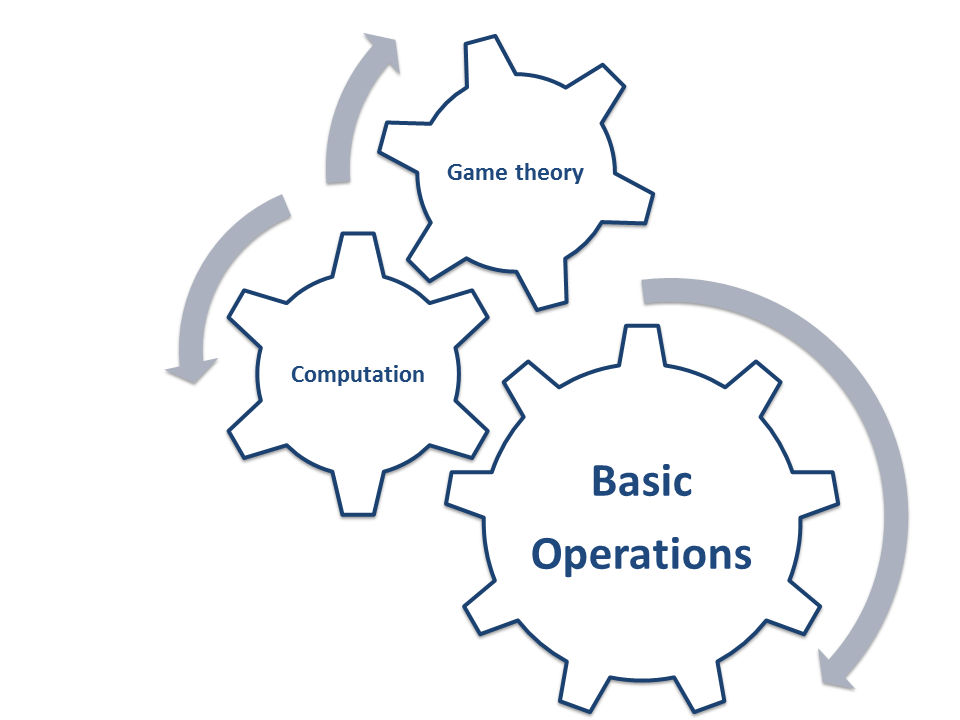Having discussed the issue of Maths Anxiety in our earlier posts, I would like to get on a soapbox and talk about Remedial Teaching in Mathematics.
Initially, I didn’t believe in remedial teaching; for me, a good maths teacher was the one who could make students understand every concept in the textbook (fun included) in a given amount of time (as prescribed by the school) with a very marginal delta between student’s performance (Either A or A* ). After failing to do so in last three years of teaching, I have realized that either I am not a ‘good’ maths teacher or I need to change my definition and accept the ground reality.
Here is what I think now, based on real experience and facts – irrespective of how good a teacher is; in almost every classroom, there will be at least one student that needs remediation in maths. And if the classroom strength is more than 30, then the numbers only multiply. As an educator who believes in good learning for every child, I feel it is very important to accept the fact and carve out a plan to deal with the situation that we are in. The problem is not as traumatic as the word ‘remedial teaching’ may sound it to be. Actually, remedial teaching is nothing but helping a student who is experiencing difficulties so that they can understand and master the concept with which they are struggling. In fact, that is fundamental to teaching.
Why Remedial Teaching is often associated with Maths?
 Does that make Maths a difficult subject? Certainly not! Mathematics has this special characteristic of being sequential in nature. In maths, each concept is the foundation for next new learning, and when a student has not mastered one concept they are unable to move on to the other concept.
Does that make Maths a difficult subject? Certainly not! Mathematics has this special characteristic of being sequential in nature. In maths, each concept is the foundation for next new learning, and when a student has not mastered one concept they are unable to move on to the other concept.
As the class progresses, the student who struggled to understand the basics develops low self-confidence which may lead to fear, dislike or discomfort with the subject resulting in ‘Maths Anxiety‘. In such cases, remediation helps to get the student back on track so they can continue their learning on the maths continuum. We would not list the learning difficulties associated with these type of learners; instead look at the objectives of remedial teaching.
Objectives of Remedial Teaching
Each student is different in terms of learning ability, academic standards, classroom discipline, academic performance, and even choosing a tuition teacher (in Asian context). Yes, each student has his own way of learning. The aim of remedial teaching is to provide learning support to students who lag far behind their counterparts in school performance. By adapting school curricula and teaching strategies, teachers can provide learning activities and practical experiences to students according to their abilities and needs. In simple words, we need to ‘customize our lesson plans for a particular student‘, in order to help him/her consolidate the basic knowledge in the subject: master the learning methods, strengthen the confidence and enhance the effectiveness of learning. Do everything to get them back on track.
For those who worry too much about rigid Academic Standards, we have to ask them: “Do every mountaineer have to climb Mt. Everest?” or “Do we really need to be a mountaineer to derive pleasure from walking up a hill?” It need not have to be the Everest all the time!
Enjoying something means being able to participate with confidence and take pleasure from the experience. Letting the students enjoy according to their strengths and conquer each of the little hills is an Everest in itself.
I am sure we all would have come across different strategies for ‘remedial teaching’! In my next post, we shall explore and discuss some good ones. Stay tuned and be on track!
Leave a Reply